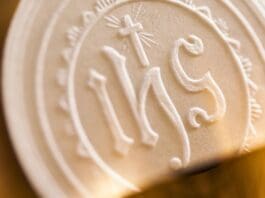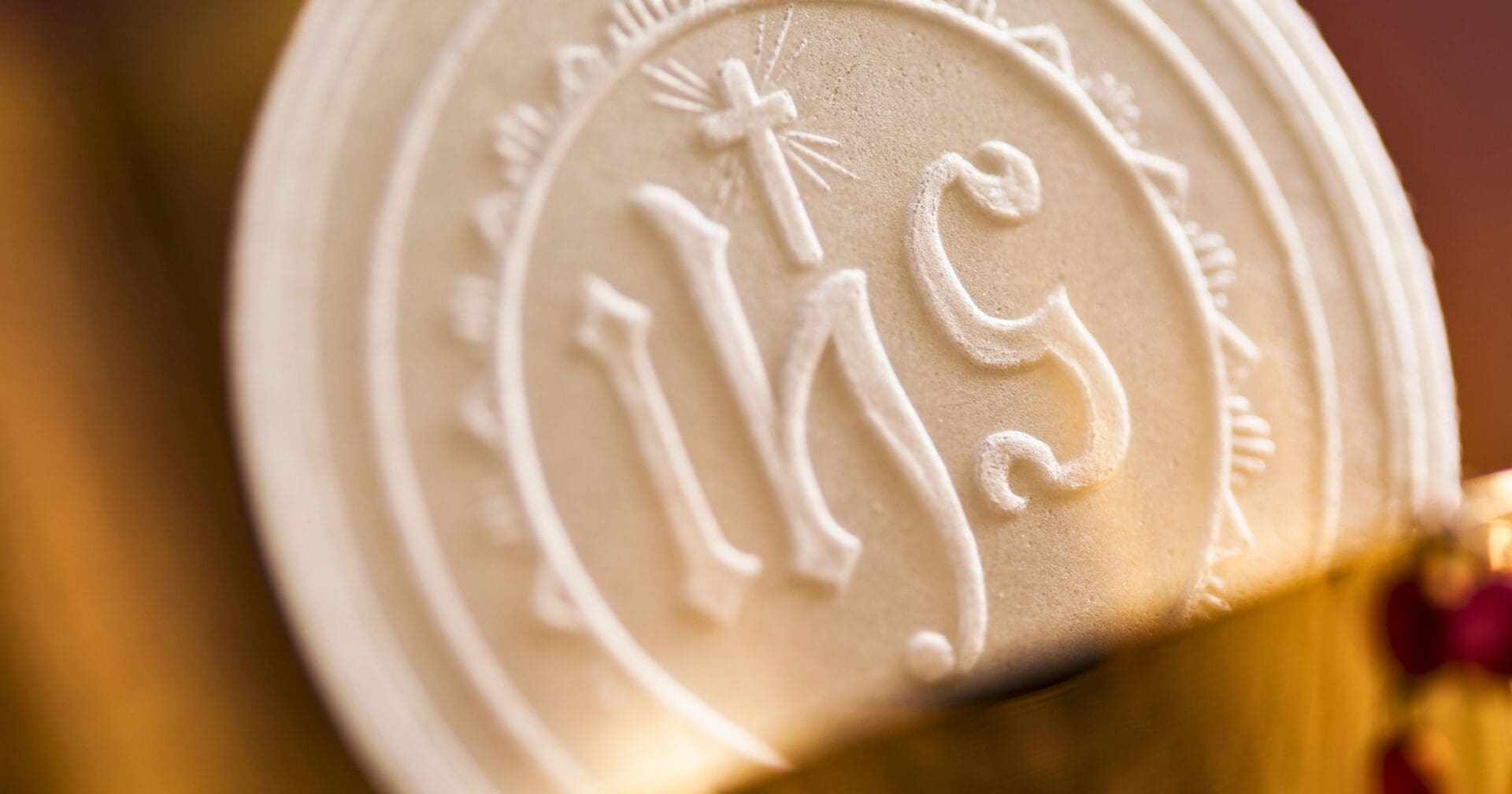
This feast focuses on the name of Jesus, derived from the Hebrew name Joshua or Yehoshuah, translating to “Yahweh is salvation” or “Yahweh will save.”
The Feast of the Holy Name, also known historically as the Feast of the Circumcision, was influenced by the writings of St. Paul. In the book of Philippians, Paul emphasizes the exalted status of Jesus’ name, a sentiment that resonated through the ages. The devotion to the Holy Name gained momentum in the 12th century, largely thanks to the efforts of Cistercian monks and nuns. However, it was St. Bernardine of Siena, a 15th-century Franciscan, who popularized it as a means to resolve class conflicts and family feuds in Italian city-states.
The devotion spread further through the preaching of Franciscan and Dominican orders and was widely promoted by the Jesuits in the 16th century. Official recognition came in 1530 when Pope Clement V approved a specific Office of the Holy Name for the Franciscans, and in 1721, Pope Innocent XIII extended its observance to the entire Church.
The Feast of the Holy Name serves as a reminder for Catholics to continuously honor and venerate the name of Jesus. This celebration is a call to embrace the love of Jesus Christ, the Savior of the world, and to let this love grow in every heart.
Photo credit: Sebastian Duda / Shutterstock.com
The post Feast of the Most Holy Name of Jesus appeared first on uCatholic.
Daily Reading
The Epiphany of the Lord
Reading I Isaiah 60:1-6 Rise up in splendor, Jerusalem! Your light has come, the glory of the Lord shines upon you. See, darkness covers the earth, and thick clouds cover the…
Daily Meditation
EpiphaniesLas epifanias
Click here for daily readings The journey of our lives to Christ is rarely a straight path. Especially for those who were baptized into the Catholic faith as babies, we…




